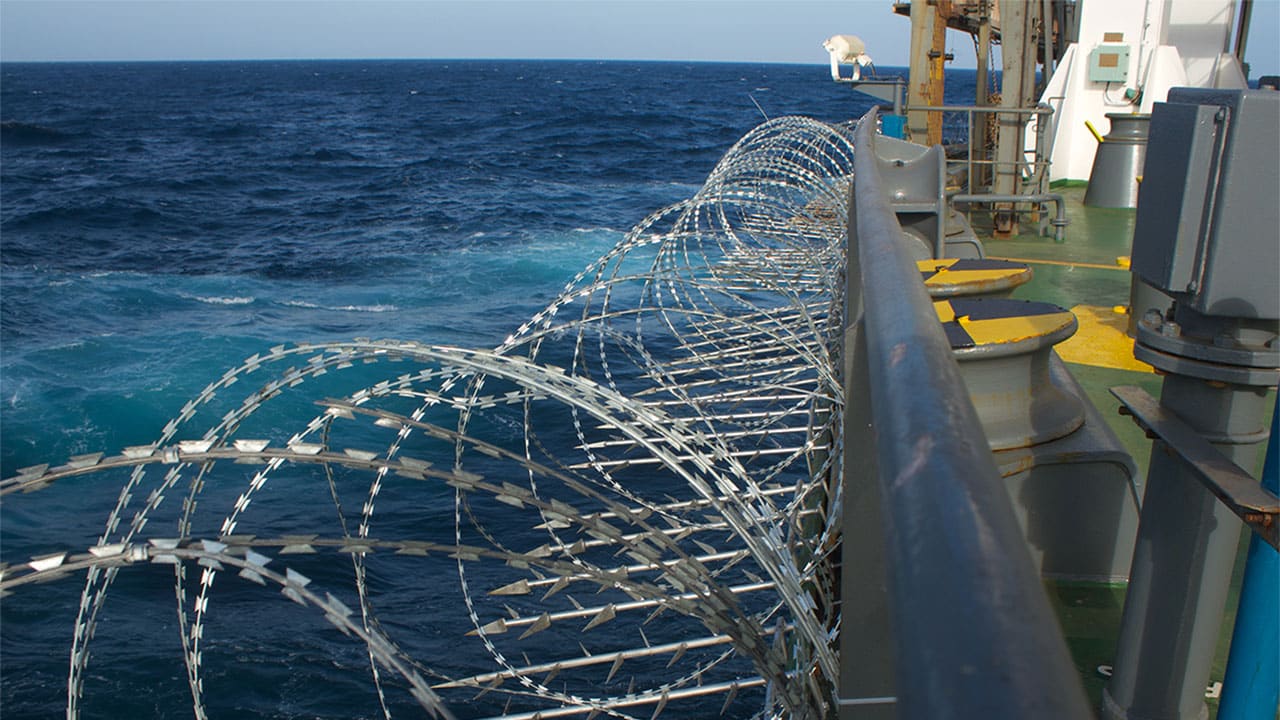Red Sea Cargo Ship Hijack incidents have underscored the crucial significance of ensuring the safety and security of merchant vessels in the maritime industry. These incidents serve as reminders of the pressing need for implementing strong security measures to safeguard both crew members and cargo. In this blog post, we will delve into effective strategies and best practices aimed at preserving the safety of merchant vessels and preventing potential attacks.
Understanding the Threat
Before delving into preventive measures, it is crucial to understand the nature of the threat. Piracy and maritime attacks pose significant risks to commercial shipping in certain regions, including the Red Sea. These Red Sea Cargo Ship Hijack attacks can result in financial losses, damage to vessels, harm to crew members, and disruptions to global trade.
Compliance with ISPS Code
The International Ship and Port Facility Security (ISPS) Code plays a vital role in ensuring maritime security. It establishes an international framework for cooperation between governments, shipping companies, and port authorities to detect security threats and take preventative measures. Compliance with the ISPS Code is essential for all merchant vessels operating in international trade.
Risk Assessment and Security Planning
Conducting thorough risk assessments is crucial in identifying potential threats and vulnerabilities specific to a vessel’s route and operation. This assessment should consider factors such as piracy-prone areas, historical attack patterns, and local security conditions. Based on the findings, an effective security plan should be developed, outlining appropriate security measures and procedures.
Enhanced Surveillance and Monitoring
Utilizing advanced surveillance technologies can significantly enhance vessel security. This includes the installation of closed-circuit television (CCTV) cameras, radar systems, and automatic identification systems (AIS). These systems provide real-time monitoring of vessel movements and enable early detection of suspicious activities or approaching threats.
Access Control and Restricted Areas
Implementing stringent access control measures is crucial for limiting unauthorized individuals from boarding merchant vessels. This includes properly securing entry points, conducting thorough background checks on personnel, and issuing identification cards or biometric access control systems. Additionally, certain areas of the vessel should be designated as restricted zones to prevent unauthorized access.
Security Personnel Training
Well-trained security personnel play a vital role in deterring and responding to maritime attacks. Ship Security Officers (SSOs) should receive comprehensive training on implementing the ship’s security plan, conducting drills and exercises, and managing emergency situations. Crew members should also undergo basic security awareness training to ensure their active participation in maintaining vessel security.
Collaborative Efforts and Information Sharing
Cooperation between shipping companies, port authorities, and relevant government agencies is crucial in combating maritime threats effectively. Regular information sharing on piracy incidents, intelligence updates, and best practices can help enhance situational awareness and enable proactive security measures.
Utilizing Technology for Training
Online training courses specifically tailored to maritime security, such as those offered by SQLearn, provide a convenient and flexible learning solution for seafarers and shore-based personnel. These courses utilize state-of-the-art technology to deliver interactive content, including modules, videos, quizzes, and practical exercises. Such training helps individuals reinforce their understanding of key concepts and stay updated with the latest regulations.
Continuous Professional Development
Continuous professional development is essential in keeping up with evolving security threats and best practices. By actively participating in relevant training programs and obtaining certifications, individuals can demonstrate their competency and commitment to maintaining vessel security. These certifications can serve as valuable credentials for career advancements within the maritime industry.
ISPS Online Courses by SQLearn
The online courses offered by SQLearn are tailored to meet the unique requirements of professionals in the maritime sector. Whether you are a seafarer seeking to enhance your understanding of safety protocols or a shipping company executive striving to stay informed about the most recent regulations, SQLearn’s ISPS Online Courses provide a convenient and adaptable learning solution.
Ship Security Officer (STCW SSO)
Conclusion
In conclusion, ensuring the safety of merchant vessels requires a comprehensive approach that includes compliance with international security standards, thorough risk assessments, enhanced surveillance, access control measures, well-trained security personnel, collaborative efforts, and continuous professional development. By implementing these strategies, we can strive towards safer seas and protect personnel, vessels, and cargo from harm.






